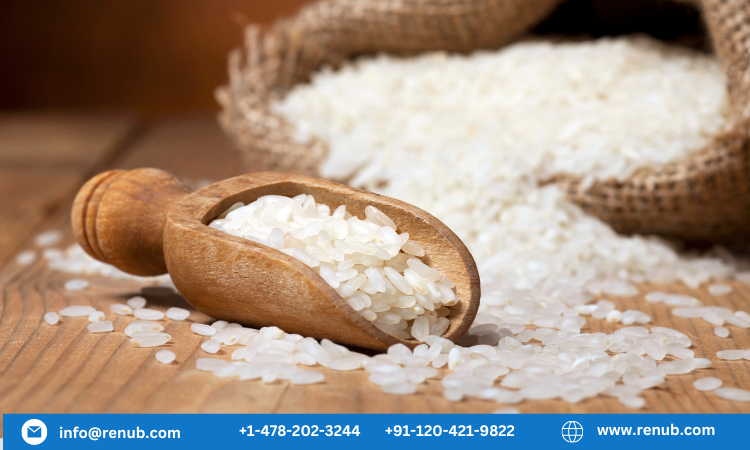Water is an essential resource for industries and commercial establishments. It serves a whole range of purposes from production processes to human consumption. Ensuring the quality and safety of water in these settings is thus highly important. Water testing is a critical component of this endeavour. Professional water testing companies offer a range of services to check different quality parameters. In this article, we will explore the significance of water testing in industrial and commercial settings and delve into the various aspects of testing.
- Microbial Testing
Microbial testing is a fundamental aspect of ensuring the safety of water in such settings. It is done to identify microorganisms in the water sample. Microbes, including bacteria, viruses, and protozoa can pose serious health risks. Common tests include Total Coliform, E. coli, and Heterotrophic Plate Count (HPC). High levels of these microorganisms can indicate contamination, raising concerns about waterborne diseases and the overall quality of water.
- Radiological Testing
Radiological water testing assesses the presence of radioactive contaminants, primarily radionuclides. Industrial and commercial settings may be at risk of radioactive contamination due to various factors, such as proximity to nuclear facilities or geological conditions. Tests like Gross Alpha, Gross Beta, and Radon are conducted to ensure that water meets regulatory standards for radiological safety.
- Physical Quality Testing
The physical quality of water is determined by various characteristics that affect its appearance, taste, and odour. Water testing companies evaluate parameters such as colour, turbidity, temperature, and pH levels. High turbidity, for instance, can indicate the presence of suspended particles or sediments, affecting the aesthetic quality of water. Physical quality testing ensures water meets specific standards, making it suitable for various industrial processes and consumption.
- Chemical Quality Testing
There are various groups of chemicals that can affect water quality. These chemical contaminants can originate from industrial discharge, agricultural runoff, or natural sources. Consequently, it becomes critical to test the sample thoroughly. The following chemicals can be a great nuisance for consumers –
- heavy metals (lead, arsenic),
- organic compounds (pesticides, VOCs),
- inorganic chemicals (nitrates, sulphates)
The Role of Water Testing Companies
Water testing in industrial and commercial settings requires expertise, specialised equipment, and adherence to stringent quality control standards. Professional water testing companies play a vital role in this process. They collect water samples regularly and conduct laboratory analyses to check water quality. Let’s understand their roles in more detail.
- Sample Collection: Water testing companies are responsible for collecting water samples from various sources in industrial and commercial settings. This includes water supplies, reservoirs, wells, and distribution systems. The sampling process must adhere to strict protocols to ensure the integrity of the samples, preventing contamination during collection.
- Laboratory Analysis: Once collected, the water samples are transported to accredited laboratories where a wide array of tests are conducted. These tests cover a broad spectrum of parameters to check the microbiological, radiological, physical, and chemical aspects of water quality. The company’s experts and technicians utilise specialised equipment and techniques to analyse the samples accurately.
- Quality Control: Water testing companies follow stringent quality control measures to maintain the accuracy and reliability of their results. They adhere to recognized standards and protocols, ensuring that the testing process meets the highest quality assurance requirements. This is essential for obtaining precise and dependable results.
- Regulatory Compliance: These companies have an in-depth understanding of different regulations related to water quality. They are well-versed in the specific standards and limits set for different contaminants. By comparing test results to these regulatory standards, they can determine whether the water meets the required criteria or if corrective action is necessary.
- Data Interpretation: Water testing companies not only generate test results but also interpret the data. They provide comprehensive reports that explain the significance of the results. If any contaminants are detected, the report may include recommendations for remediation or treatment measures to bring the water into compliance with regulatory requirements.
- Long-Term Monitoring: Many industrial and commercial settings require ongoing water testing to ensure consistent water quality. Water testing companies often establish long-term partnerships with their clients, providing routine monitoring services. Regular testing helps identify trends and potential issues early, allowing for timely intervention.
- Public Health and Safety: Water testing companies contribute significantly to public health and safety. Their services help prevent waterborne diseases. They ensure that water used in industrial processes is safe for every stakeholder. The quality testing work done by these companies is especially crucial in industries like food and beverage production, pharmaceuticals, and healthcare. The water quality in these industries is directly linked to product safety.
Conclusion
The sustenance of industrial and commercial centres depend on the maintenance of good water quality. Water testing companies ensure the maintenance of adequate quality parameters by assessing the water samples used in these settings from time to time. They play a vital role in safeguarding the health and well-being of consumers by carrying out relevant tests. The tests are done to detect either microorganisms or radiological, physical, and chemical contaminants. Regular testing is necessary to comply with regulatory standards. It’s necessary to ensure the integrity of water supplies in these settings.



